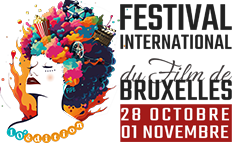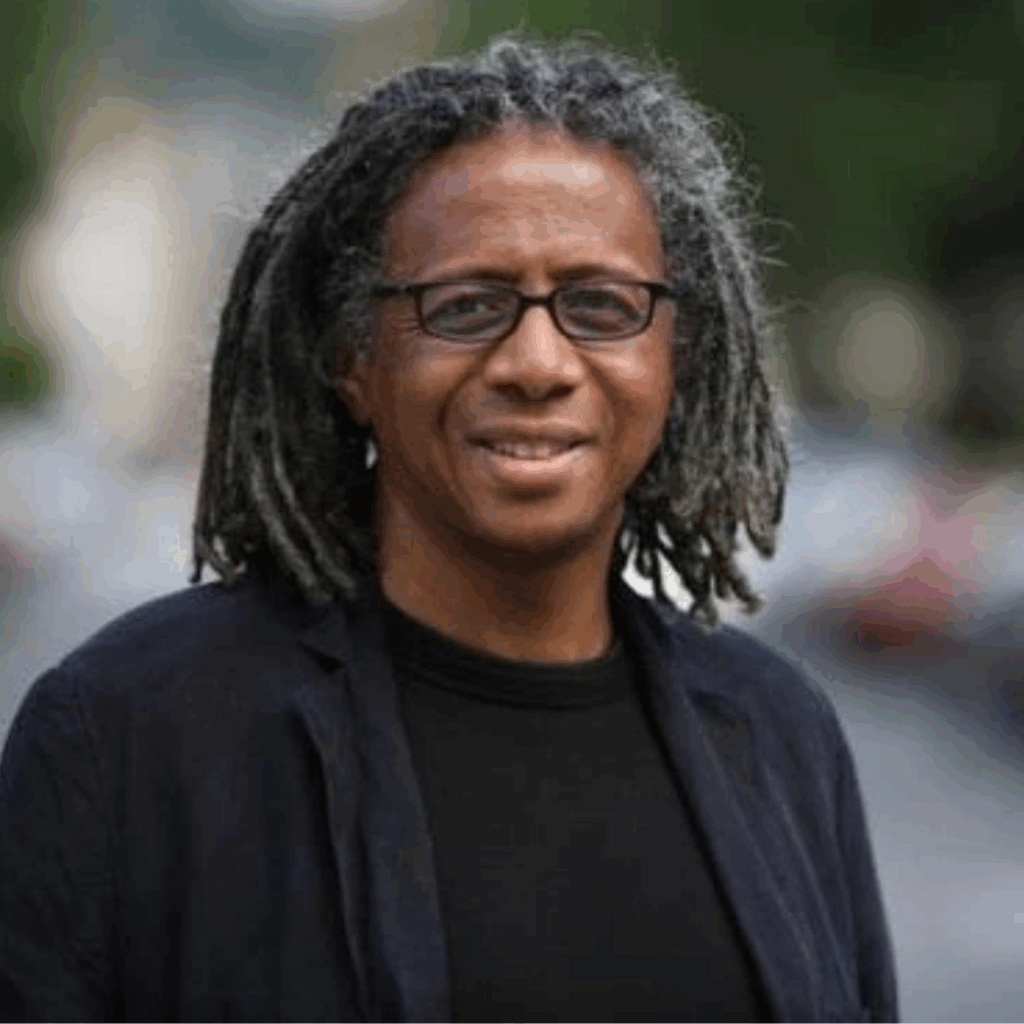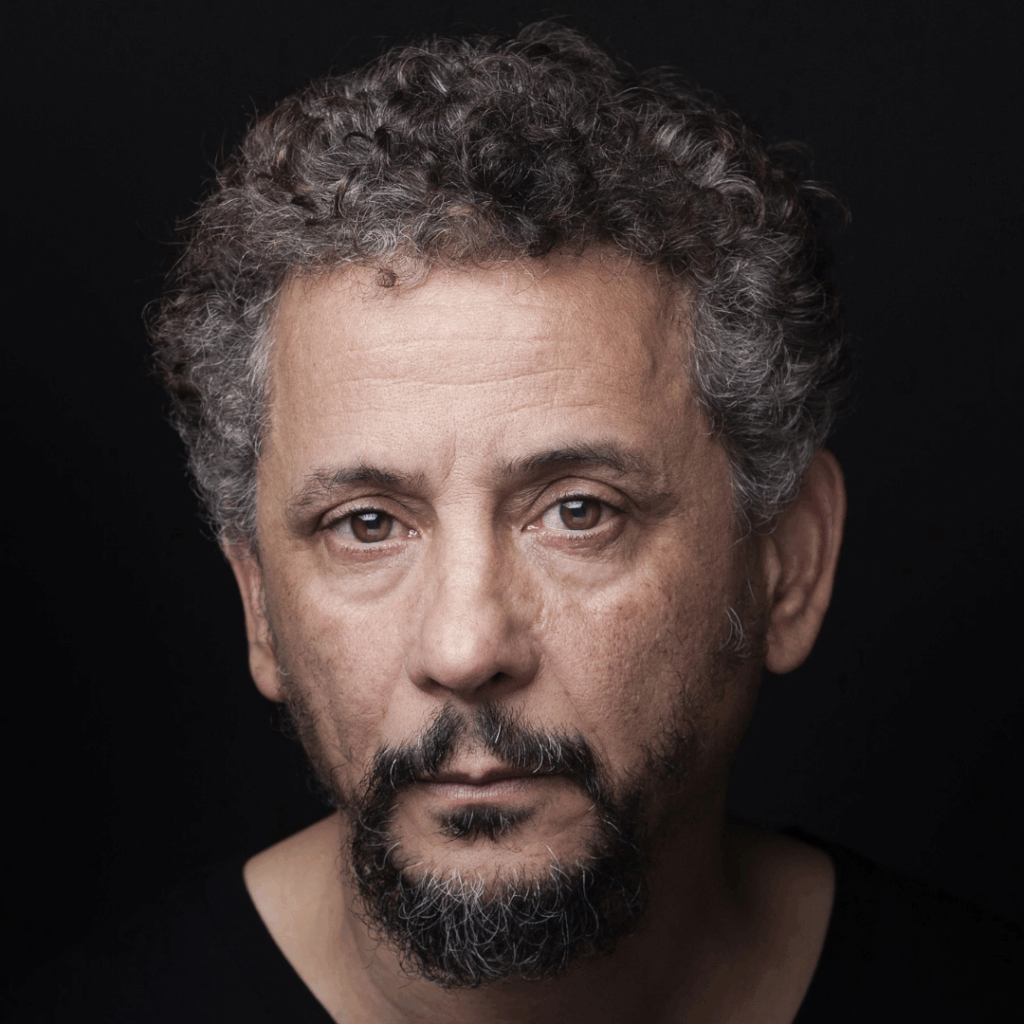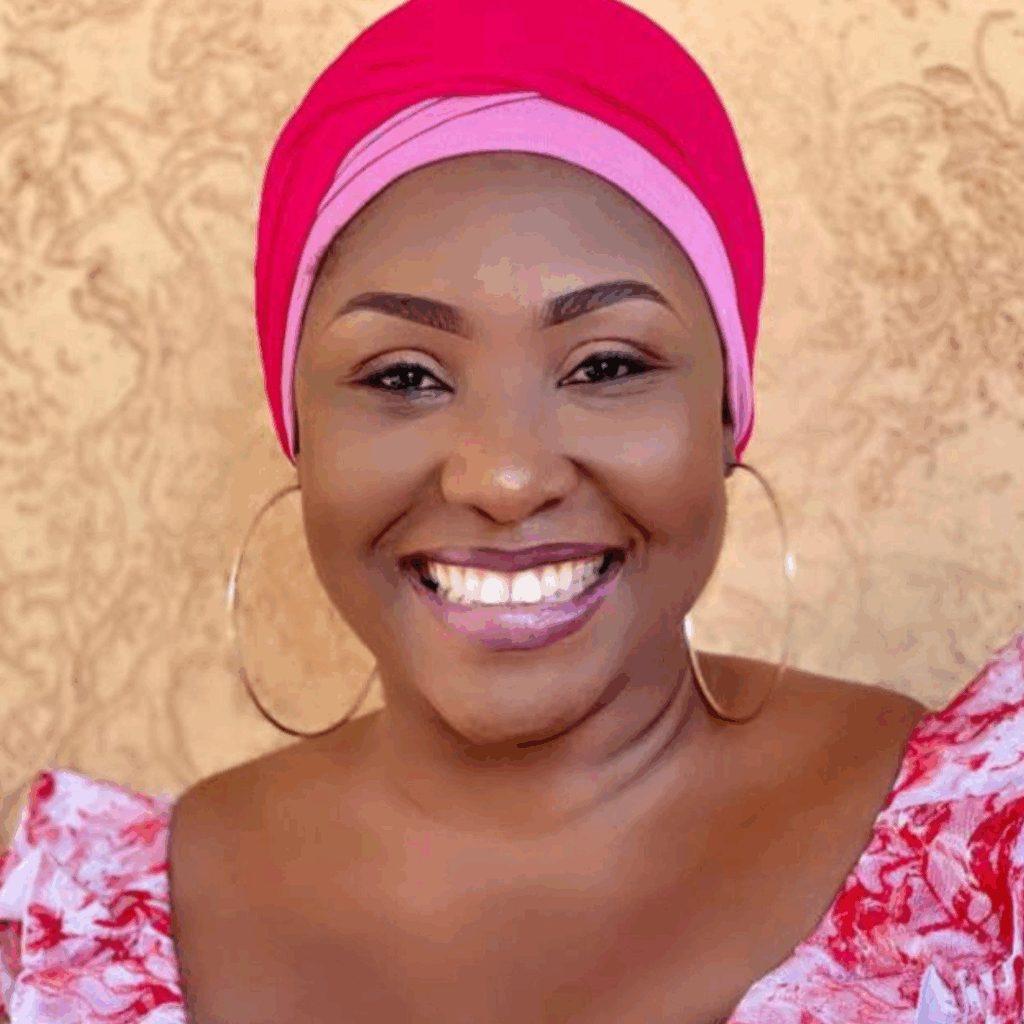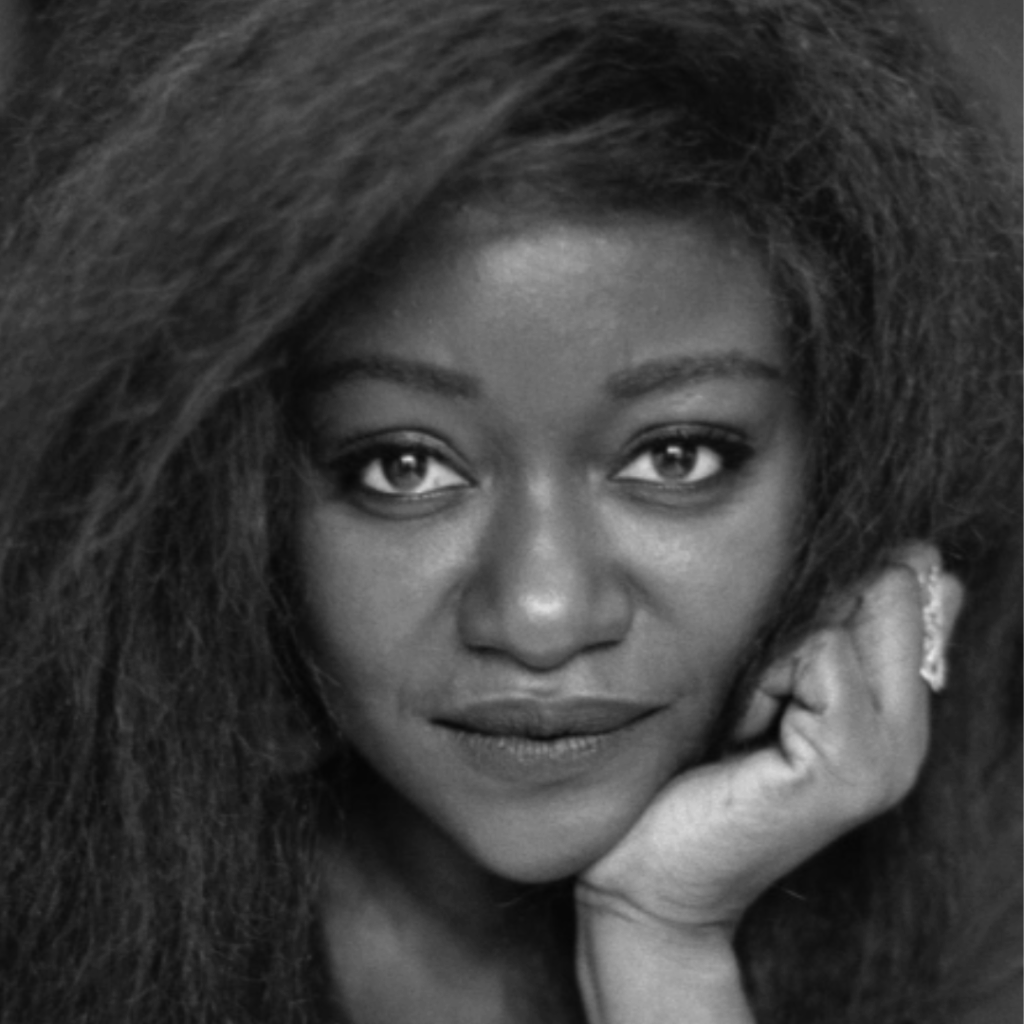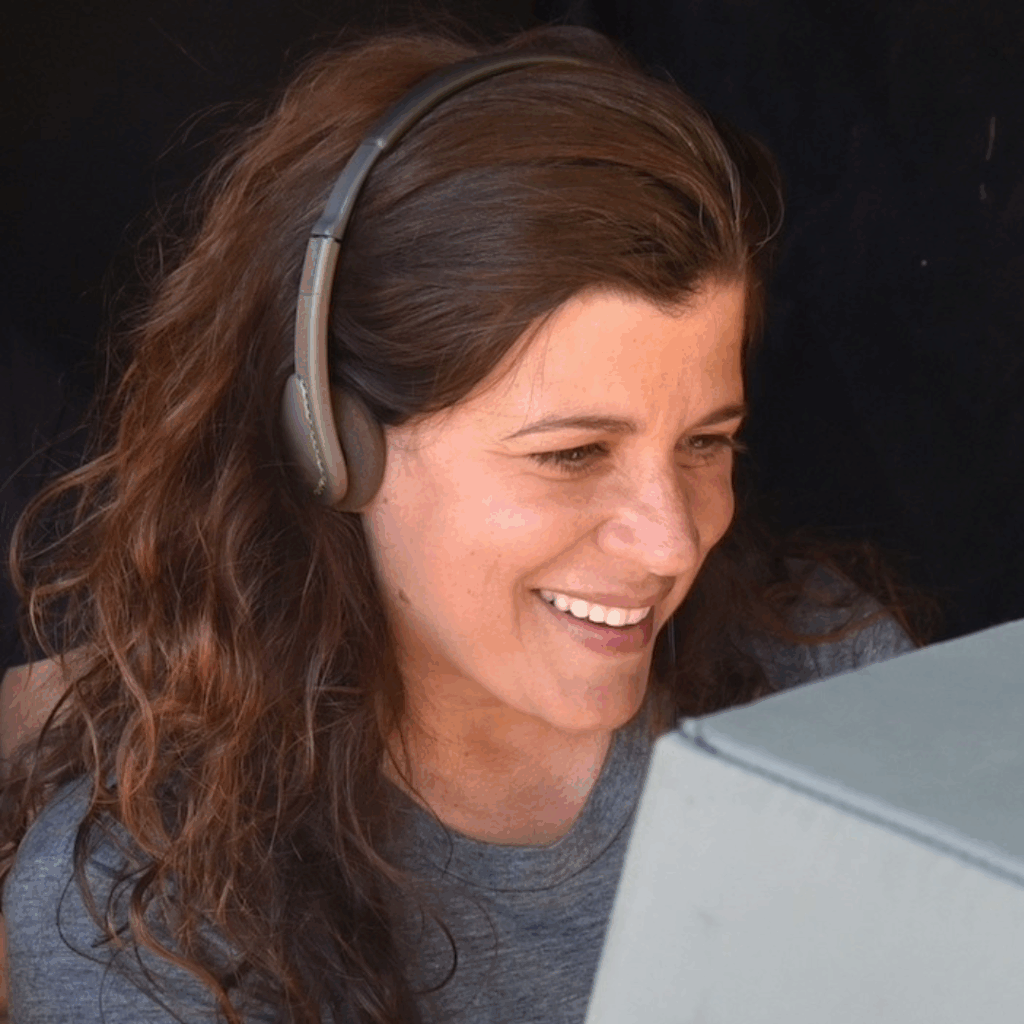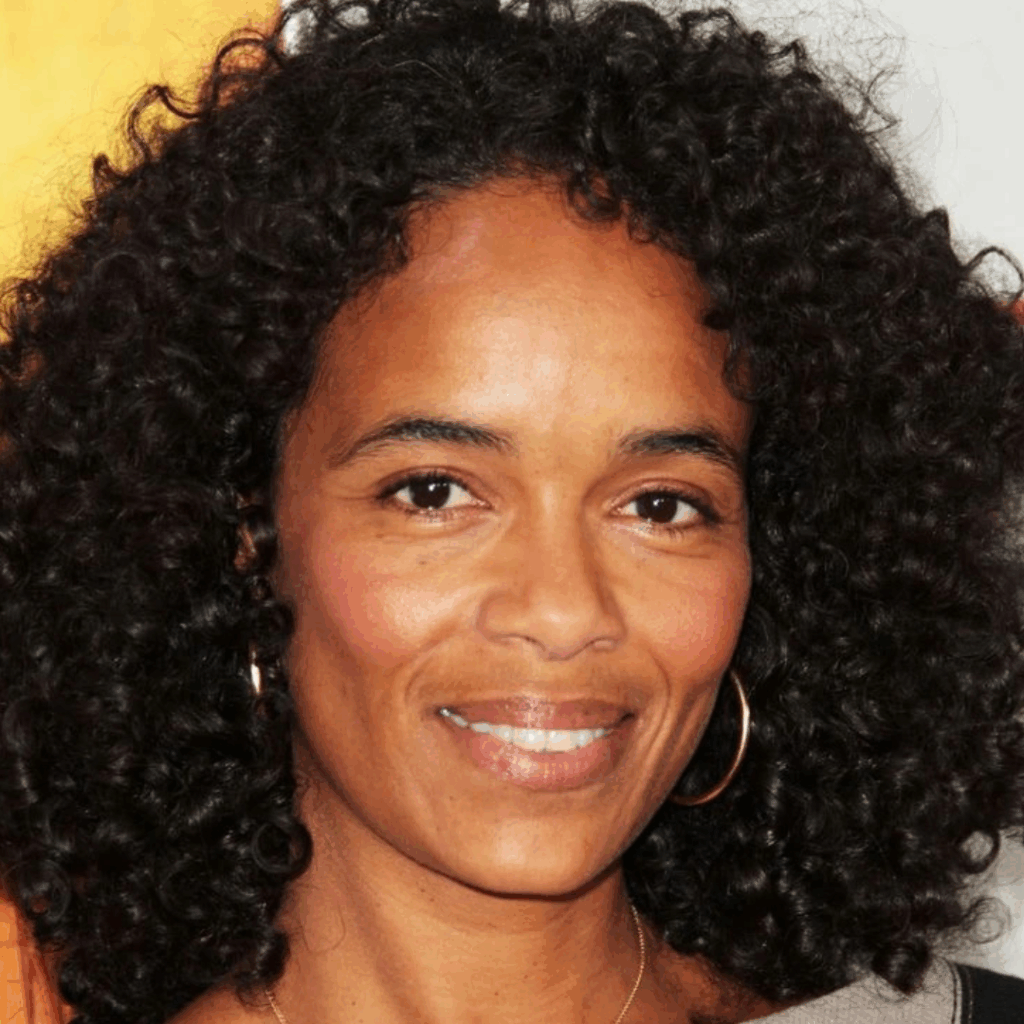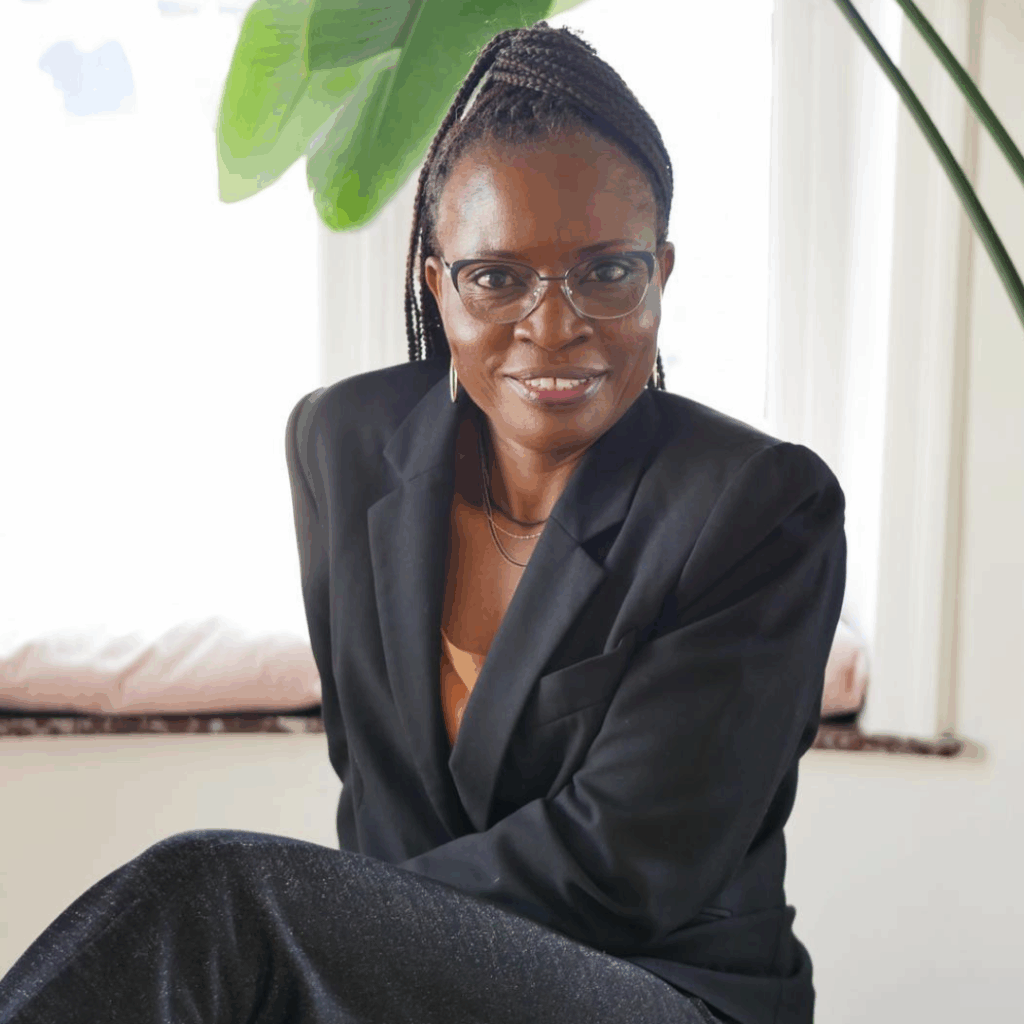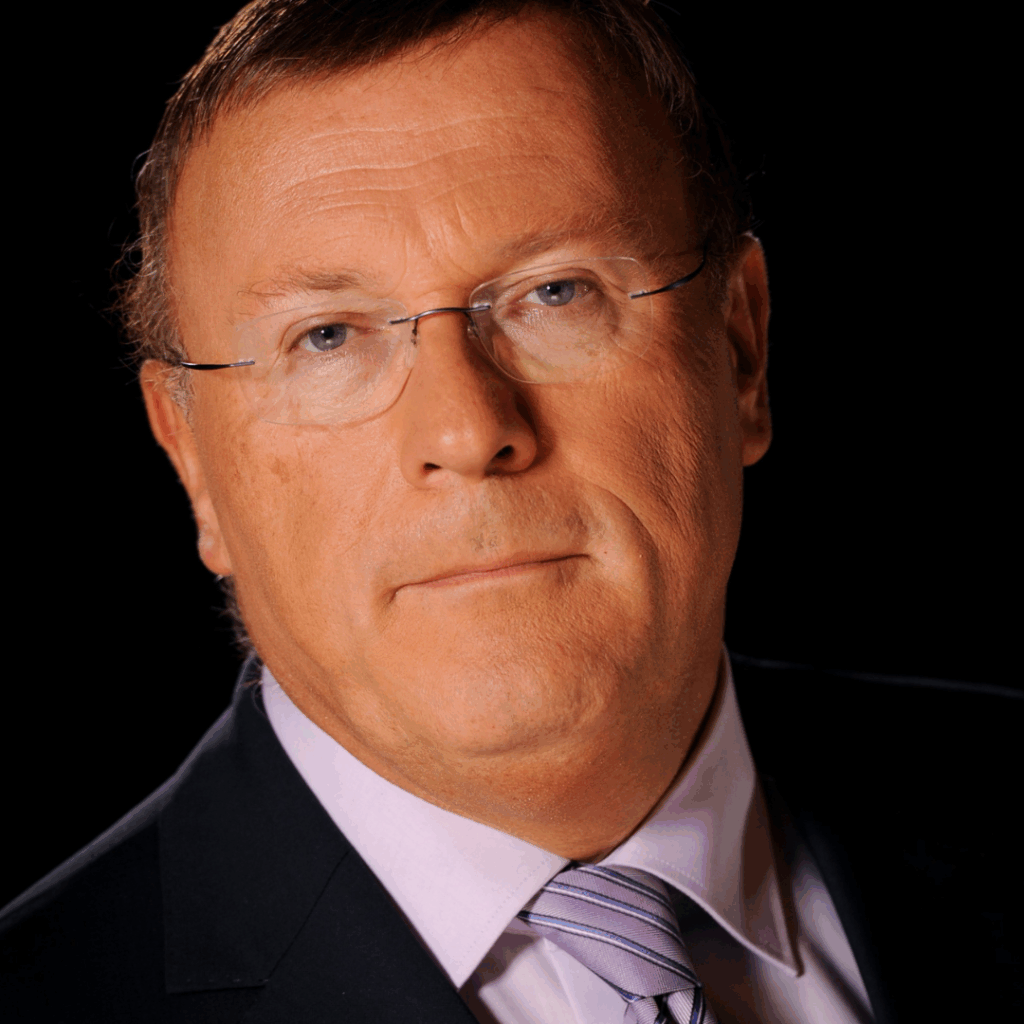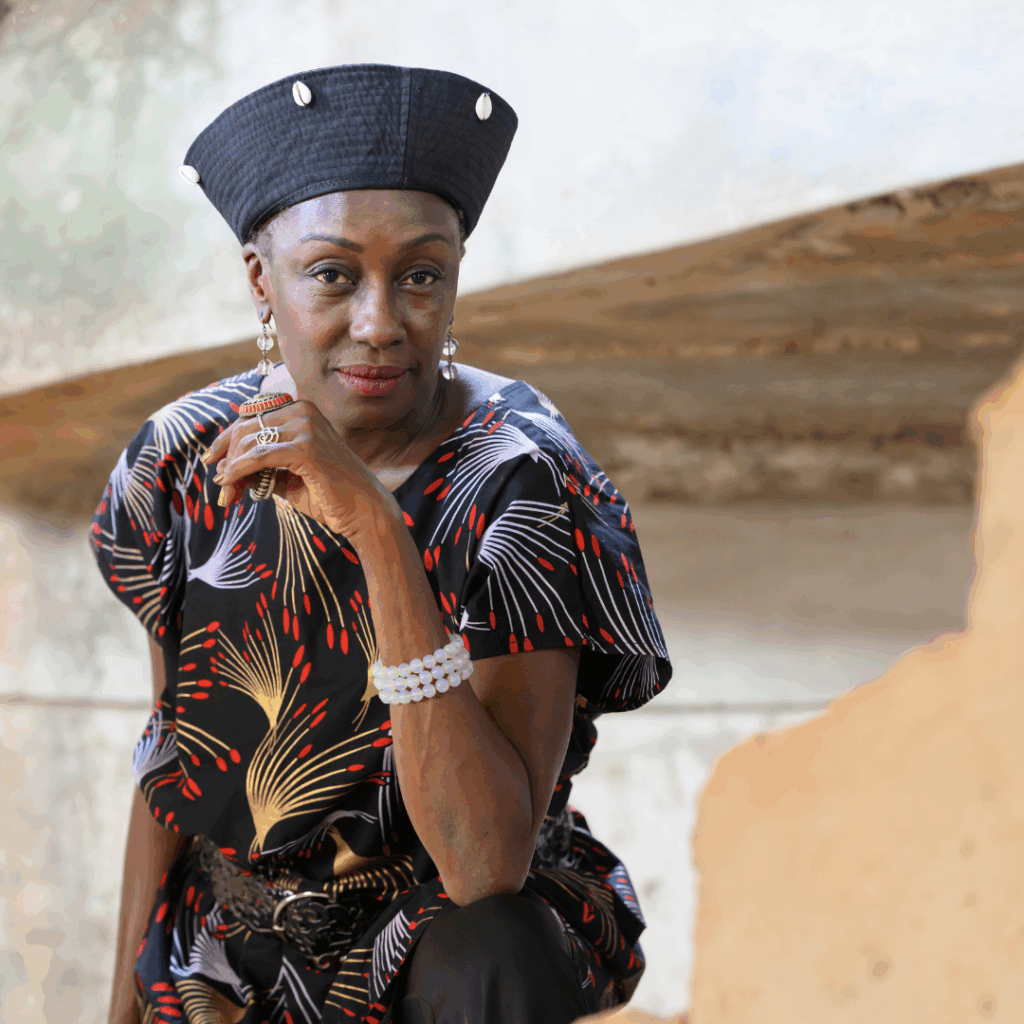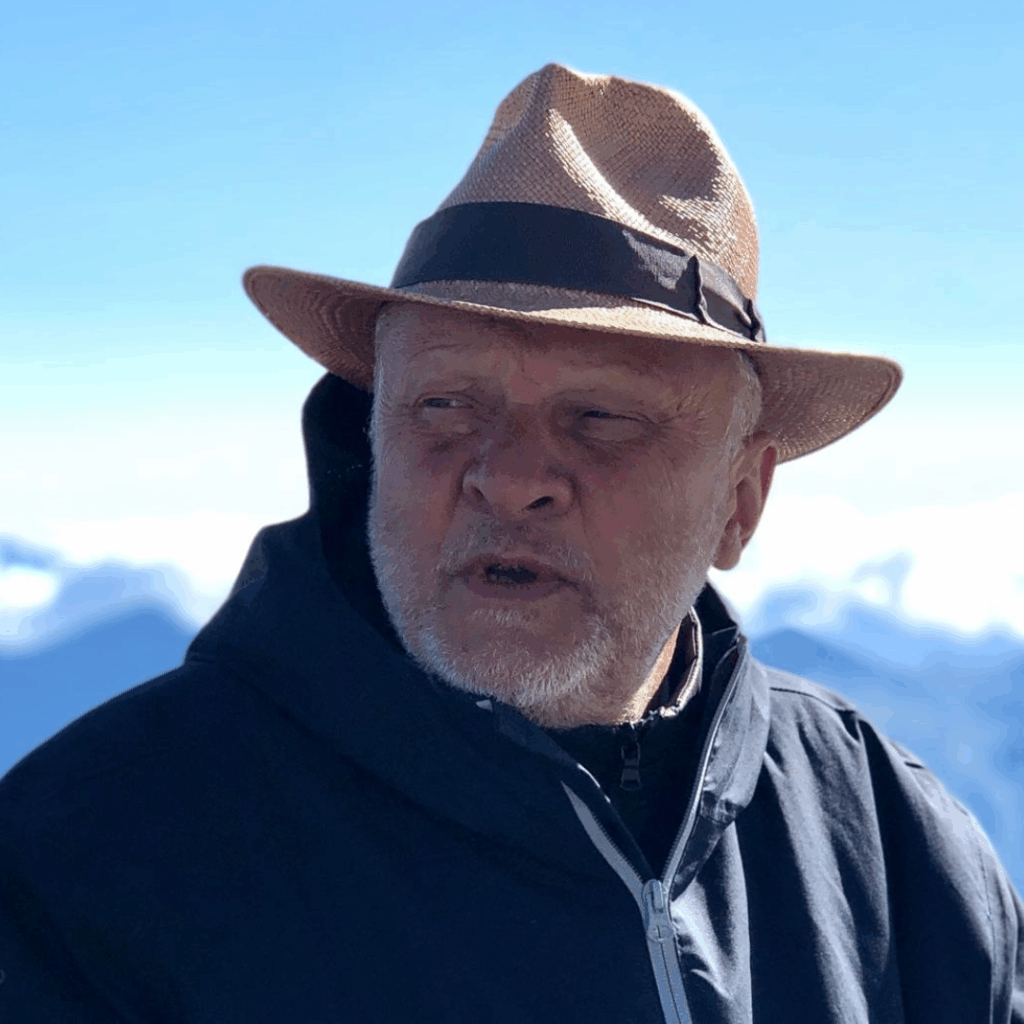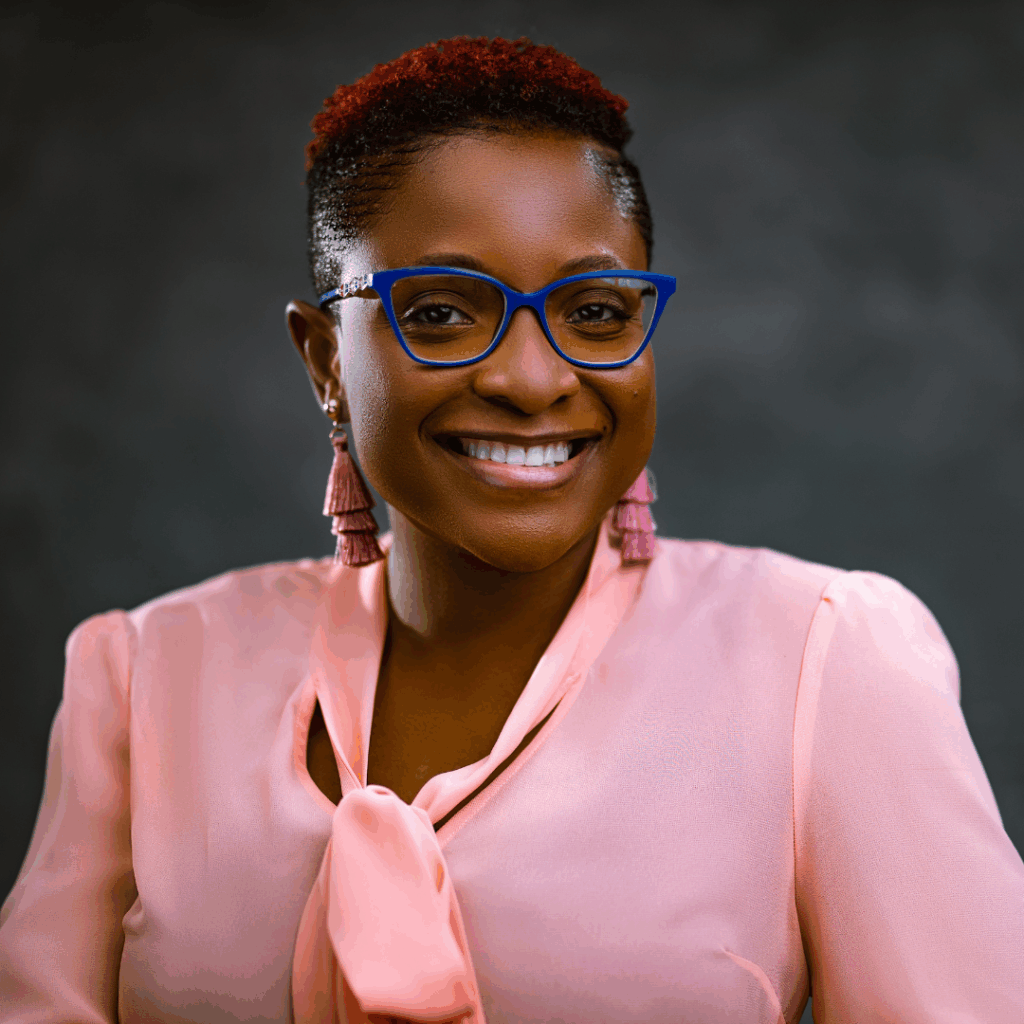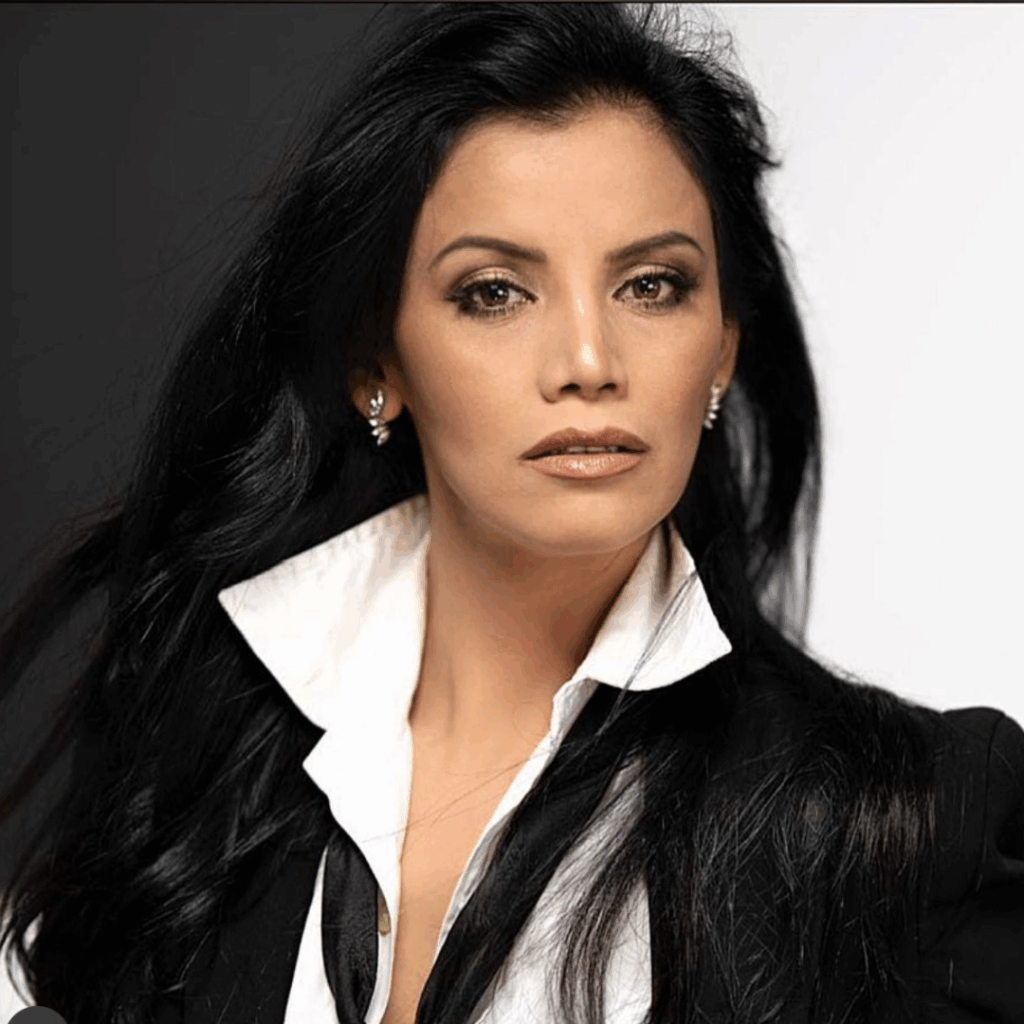JURY INFORMATION
MAMA KEITA (Chairman)
French and Guinean director, screenwriter and producer Born August 06, 1956, in Dakar (Senegal), under the name Mamadou Keïta. French and Guinean nationality. His mother is Vietnamese, his father Guinean. After studying law at the University of Paris-I, he became a screenwriter. He began directing in 1981, making 5 short films, followed by Ragazzi in 1990 and Le 11ème commandement in 1997. In 1998, he directed the documentary David Achkar, une étoile filante, a tribute to his filmmaker friend, combining archives, text and photos.
His latest film, Le Fleuve, was born of an original project by David Achkar. In 1998, David Achkar, who was about to shoot Le Fleuve, died of leukemia. He made his friend Mama Keïta promise to make the film for him. The filmmaker, who knew nothing of Africa from the inside, had to make David Achkar's film his own. So he embarked on a journey of initiation from Dakar to Conakry. Le Fleuve, his 2002 feature film, won the Prix de la Presse at the 2003 Paris Film Festival. In 2006, he directed Le Sourire du Serpent, in competition at FESPACO 2007.
In 2009, he released L'Absence, selected for the Rotterdam Film Festival (Holland) and in official competition at Fespaco 2009 (Burkina Faso), where it won the screenplay prize. His short film One more vote for B. Obama is part of the collective film L'Afrique vu par... (produced and presented at the 2nd Festival Panafricain d'Alger - Panaf' 2009, Algeria) which brings together ten (10) short films by African directors.
ABEL JAFRI
Abel Jafri started out in theater, at Aubervilliers and the TGP in Saint-Denis. He has performed in numerous plays by Brecht, Nathalie Sarraute and Harold Pinter. He is one of the lead actors in Abderrahmane Sissako's film "TIMBUKTU", which was presented at the 2014 Cannes Film Festival in the official selection, then went on to win 7 Césars and be nominated for an Oscar.
He has appeared in Mel Gibson's "THE PASSION OF CHRIST", Rolando Colla's "L'AUTRE MOITIE" (Best Actor Award at the Amiens Festival and New York Festival) , Rabah Ameur- Zaïmeche's "BLED NUMBER ONE" (Awarded at the Cannes Festival- "Un certain regard") , Rachid Bouchareb's "SUR LA ROUTE D'ISTAMBUL" (Presented at the Berlin Festival- Nominated for the OSCARS 2018 - Algeria) and Luc Besson's "VALERIAN".
He was a teacher at the École de cité (a film school created by Luc Besson). He was awarded the Légion d'honneur in 2014 by Fleur Pellerin. He recently starred in Roschdy Zem's latest film, "Les Miens", released in 2022. He also starred in FGKO's feature film "VOYOUCRATIE", which won four awards at the Manchester Film Festival. He also starred in their latest feature, "Du crépitement sous les néons".
Abel Jafri has also written a novel, LES DATTES D'AOULEF, published by PC.
APOLLINE TRAORÉ
Apolline Traoré is an award-winning director and producer from Burkina Faso. In 1998, she obtained her Master's degree in film at the prestigious Emerson College of Art in Boston, USA, then in 2000, she trained as a camera operator at The New York Film Academy. Her graduation film "Le prix de l'ignorance" won the Jury Prize at Fespaco 2001. She then spent several years working on independent films in Hollywood.
Her first short film, "Kounandi", was selected for the Sundance and Toronto Film Festivals in 2004. At the age of 25, she directed the cult series "Monia et Rama" and a few years later "Le Testament". In 2008, she decided to settle in the country. After "Frontières" (2017) and "Desrances" (2019), her fifth feature, "Sira" (2023), won the Audience Grand Prize at the Berlinale 2023 and the Silver Stallion at the FESPACO 2023.
Her works place particular emphasis on the voice of women and the scourges that plague the African continent. In 2019, she was awarded the Chevalier de l'ordre du mérite, des arts, des lettres et de la communication, and in 2020, she was installed as Ambassador of the National Museum.
BABETIDA SADJO
Babetida Sadjo is a complete artist, moving between theater, film and television, as well as being a writer and director. Rejecting all limitations, she constantly explores new forms of expression to give free rein to her creativity. Born in Guinea-Bissau, she spent part of her teenage years in Vietnam before settling in Belgium, where she studied drama at the Conservatoire Royal de Bruxelles. An avid stage performer from an early age, she has appeared in numerous shows in Europe and Africa, affirming a strong, cosmopolitan artistic identity.
Her film career began in earnest in 2014 with Pieter Van Hees' Waste Land, for which she became the first black woman to win an Ensor. She went on to win international recognition with Joost Van Ginkel's Paradise Suite, shortlisted for the Oscars, and Ísold Uggadóttir's And Breathe Normally, which won an award at the Sundance Film Festival. In 2020, she received several awards in Australia - Best Actress at the South Australian Screen Awards and Cinefest Oz - for Alies Sluiter's Ayaan. She then played the lead role in Ellie Foumbi's Our Father, The Devil, which was presented at the Venice Film Festival 2021, won the Audience Award for Best Narrative Film at the Tribeca Film Festival 2022, and won Best Actress at the Harlem International Film Festival 2023, at FICKIN, and at the Durban International Film Festival for Nganji Leah's Juwaa.
Alongside her career as an actress, Babetida Sadjo has established herself as a writer and director. In 2017, she wrote the play Les Murs murmurent, a poignant monologue on paternal absence, and directed the documentary Bafata Blues (2007) as well as the short film Hématome, in which she also acted. Faithful to her roots and her artistic commitment, she is currently working on a new theatrical creation in Guinea-Bissau and on her first feature film, pursuing a career marked by freedom, depth and a constant desire to give voice to universal human stories.
MARIE-HÉLÈNE ROUX
Trained at the Conservatoire and then the Stella Adler Academy of Acting in Los Angeles, Marie-Hélène Roux first worked in American independent cinema before returning to France to work behind the camera. In 2012, she directed Une Vie Déportée with Marie Bunel and Françoise Bertin. In 2014, she wrote and directed A Court d'Enfants, the first fiction film inspired by the "Réunionnais de la Creuse". The film won numerous international awards, was included in the UNESCO program and enjoyed an exceptional theatrical release. She continues with Links Of Life (2017), shot in Utah, in English, represented by Picture Tree International.
In the fall of 2025, MUGANGA, Celui Qui Soigner will be released, a feature film inspired by Doctor Denis Mukwege, winner of the 2018 Nobel Peace Prize. The film stars Isaach de Bankolé, Vincent Macaigne, Manon Bresch, Babetida Sadjo, Déborah Lukumuena, Yves Marina-Gnahoua, Joely Mbundu and Kody Kim. Produced by Cynthia Pinet /Petites Poupées Production (FR), in co-production with Scope Pictures (BEL), it is distributed by L'Atelier Distribution and sold internationally by Be For Films.
Marie-Hélène Roux is currently developing several projects, including Les Nettoyeuses, an original series co-created with Coline Stell; Ava Castain A Tué, co-written with Xavier Marquis (selected at MIA 2022); and Les Parenthèses du Sourire, selected by the Plume et Pellicule (DreamAgo) writing workshop. Néborn in Gabon, she grew up in several European countries.'Africa.
VIRGINIE BESSON-SILLA
Born in Ottawa into a family of diplomats, Virginie Besson-Silla grew up in Mali, Gabon, Senegal, the United States and France. A graduate of the American University of Paris, she began working for Gaumont-Buena Vista in 1994, before becoming assistant to producer Patrice Ledoux, participating in major projects such as Luc Besson's The Fifth Element and Joan of Arc. When Besson founded EuropaCorp in 1999, she joined him, and the following year produced Yamakasi, a popular success with over two million admissions.
She then moved on to ambitious productions, from Guy Ritchie's Revolver to Adèle Blanc-Sec (2009), marking the start of a fruitful collaboration with Luc Besson. Together, they signed The Lady (2011), Malavita (2013) and Jack et la mécanique du cœur, before the worldwide triumph of Lucy (2014), which raked in nearly $500 million at the box office. In 2017, she oversaw Valérian et la Cité des mille planètes, one of the most expensive European films ever produced.
Always an innovator, in 2021 she encouraged Luc Besson to shoot June & John entirely on a smartphone, then participated in Everything Everywhere All At Once, which won an Oscar. In 2023, she co-produced Timpi Tampa, which won an award at FESPACO, and Dogman, selected at the Venice Film Festival, before producing the documentary Trump, Dieu et les siens. In 2024, she signed Hell in Paradise, a women's thriller written by Karine Silla and directed by Leila Sy. A member of the Academy of Motion Picture Arts and Sciences since 2016, Virginie Besson-Silla has established herself as a bold, visionary producer and pillar of international cinema.
YVES-MARINA GNAHOUA
Yves-Marina Gnahoua began her acting career after obtaining two first prizes in declamation and dramatic art at the Royal Conservatory of Brussels in 1998-1999. She soon began working with leading directors such as Raven Ruel at KVS, Guy Cassiers at Het Paleis, Mieja Hollevoet, Greet Vissers and Alain Springel at the Theater Box (BRT) in Ghent. Her eclectic career has enabled her to explore a wide range of registers and acting styles. In Wallonia, she has made a name for herself on prestigious stages such as Théâtre du Parc, Théâtre Varia, Poche, Centre Culturel d'Uccle and Théâtre de la Vie. For several years now, she has been a regular collaborator with La Compagnie des Nouveaux Disparus, directed by Jamal Yousfi, confirming her commitment to committed theater accessible to all. On screen, Gnahoua Yves-Marina plays a host of outstanding roles. She appeared in the series Piégée, La Trêve, Les Gens Bien, Vermist and Kameleon, and in Olivier Smolders' Nuit Noire, Alexe Poukine's Sans Frapper, Ben Lahcene's Premier de la classe, Philippe Lyon's Plein la vue, Booder and Gaëlle Falzerana's Le Grand Cirque, and Baloji's Augure - a role for which she won the Magritte for best supporting actor. In 2025, she will star in L'Intérêt d'Adam by Laura Wandel, opening film of the Cannes Fortnight, and Têtes Brûlées by Maja Ajmia, Special Mention at the Berlinale.
JURY INFORMATION
PASCAL VREBROS (Chairman)
Professor at ULB and media man for 50 years at RTBF, RTL/TVI and LN24, Pascal Vrebos is the author of 37 plays, performed in Belgium and abroad. He is also the creator and co-writer of SOUPÇONS, a series on Netflix. In 2014, three hours of interviews with King Albert 2, a historic "premiere" on RTL/TVI and VTM.
MAÏMOUNA N'DIAYE
Maïmouna N'Diaye is a multi-disciplinary and profoundly pan-African artist who has always combined study and creation. After studying medicine in Paris, at the École des Hautes Études en Sciences Sociales and at the Institut d'Études Théâtrales de Paris III, she embarked on a multi-faceted artistic career as a film and television actress, stage actress, presenter and director of documentaries. In 1996, she joined the Ymako Téâtri troupe in Côte d'Ivoire and took part in several productions, including L'Œil du cyclone, presented at Récréâtrales in 2003, the year in which she also signed her first documentary film, Warbassanga (La danseuse de Warba), shot in Burkina Faso.
A committed witness of her time, she filmed with her own camera the upheavals that struck Côte d'Ivoire between 1999 and 2004. These years of observation gave rise to a number of poignant portraits of men and women confronted with war and injustice, including the struggle of a mother detained at MACA for the dignity of women and children in prison. These images gave rise to the documentary series Tranches de vie, four short films presented at FESPACO in 2009, which confirm his sensitive and profoundly human approach.
In 2015, Maïmouna N'Diaye played the lead role in Sékou Traoré's L'Œil du cyclone, which won the Bronze Etalon at FESPACO. Her performance earned her the Best Actress award at FESPACO and at numerous African and international festivals: Écrans Noirs (Cameroon), Kouribga (Morocco), JCC (Tunisia), Festicab (Burundi), Tazama (DRC), Trophées Francophones du Cinéma (Côte d'Ivoire, 2016), as well as the first Sotigui d'Or (Burkina Faso, 2016), Inuitchuk (Canada), Zaafa (Nigeria) and Célébrités Days. An emblematic figure of contemporary African cinema, Maïmouna N'Diaye continues to embody an art that is committed, free and profoundly human.
OLIVIER LANGLOIS
After studying visual arts, Olivier Langlois trained in cinema at INSAS (Brussels), winning a Student Academy Award in Los Angeles in 1982 for his graduation film Zone surveillée. In 1988, he directed his first feature film, Jaune Revolver, starring Sandrine Bonnaire and François Cluzet. He then turned to television, penning the 1994 family comedy Julie, bientôt 12 ans et demi, followed by Histoire d'hommes (1996), Mes enfants étrangers (1997), Petits Nuages d'été (1998), L'Ami de Patagonie (2002) and Le Passage du bac (2002). In 2003, he explored the register of anticipation with the mini-series Virus in Paradise - starring Richard Bohringer and Hippolyte Girardot - which won Best TV Fiction in London.
In 2007, he adapted Simenon with Monsieur Joseph (Le Petit homme d'Arkhangelsk), starring Daniel Prévost and Julie-Marie Parmentier, which won the Best Actor Award at the La Rochelle Festival and the CNC Diversity Award. The following year, the assassination of Anna Politkovskaya inspired the TV film Une femme à abattre, starring Mélanie Doutey, winner of the Best Screenplay Award at the 2008 La Rochelle Festival. He also directed La Ballade de Kouski, selected at FIPA. In 2010, he directed 35 kilos d'espoir, adapted from the novel by Anna Gavalda, followed by Adouna, la vie, le monde, shot in Senegal, in which he tackles the issue of minorities.
Also in Senegal, he directed Les Pirogues des hautes terres, a historical and political fresco about the strike by black railway workers in West Africa. From 2012, he turned his attention to writing new screenplays - including a series on Rungis, another on the exploitation of roses, and a feature-length project for young people, Le Carame. Since 2015, Olivier Langlois has been one of the principal directors of the successful Alex Hugo series, starring Samuel Le Bihan and Lionel Astier, confirming his status as a demanding, humanist filmmaker.
JURY INFORMATION
ALEX OGOU (Chairman)
Born on December 30, 1979 in Gadago (Côte d'Ivoire), Alex Ogou is a multi-talented Franco-Ivorian artist: actor, screenwriter, director and producer. He left Côte d'Ivoire for France at the age of five, and began his career at just 17 in Robert Guédiguian's À la place du cœur, before acting again under his direction in La Ville est tranquille. He then made his mark in Cheick Fantamady Camara's Il va pleuvoir sur Conakry (2007), which revealed him on the African scene. At the same time, he directed his first short film, Christian (selected at FESPACO 2013), then reunited with Camara for Morbayassa.
Trained as a production manager at CEFPF, Alex Ogou co-directs several projects, including Soleils (Olivier Delahaye, Dani Kouyaté) and Twaaga (Cédric Ido). He then turned to television, producing Top Radio for RTI before becoming artistic director of TSK Studios in Abidjan. In 2018, he created Invisibles, the first CANAL+ Original series co-produced in Africa, acclaimed at La Rochelle and the NISA awards. Two years later, he confirmed his talent with Cacao, an ambitious family fresco that won Best Series at NISA 2019.
Since then, Alex Ogou has enjoyed a string of successes, including Ôbatanga (Grand Prix du FESPACO and Best Francophone Series at Luchon 2023), Niabla (Best Series at FESPACO 2025), Famille Y and La Dernière Voix. In 2021, he founded Plan A, his production company in partnership with Canal+ International, consolidating his central role in the new generation of African creators. Through his works, Alex Ogou casts a humanist and demanding eye on contemporary African society, asserting his place among the continent's most influential directors.
MADIE FOLTEK
Madie Foltek is a Togolese screenwriter and script consultant, committed to the service of African cinema. Fluently bilingual (French and English), she holds a Master's degree in Screenwriting (Film and Television) from Regent University, USA. After her studies, she chose to return to Togo to actively contribute to the development of cinema and audiovisual on the continent. She is the co-creator and scriptwriter of the successful web series Ahoé, which has reached a wide audience on YouTube. She also created the Oasis series broadcast on Canal+, co-wrote Hospital IT, broadcast on TV5 Monde Afrique, and contributed to various projects for the small and big screens. Through her creations, she tells authentic stories deeply rooted in African reality.
ELHAM ERFANI
Elham Erfani is a free and fearless voice of contemporary cinema. Born in Mashhad, she grew up in an intellectual family where art and freedom of thought coexisted with censorship and fear. At a very young age, she discovered the theater as a refuge and first space of freedom, before cinema became a veritable tool of resistance for her. Marked by the repression of the Iranian regime, she began writing and filming to bear witness, dream and denounce.
Exiled to France in 2006, Elham trained in cinema at ESRA Paris and in acting with masters from the Actors Studio, of which she became a lifelong member. She went on to work with several Iranian directors in exile, and signed a number of powerful personal projects, including Les Rideaux Blancs, a drama about memory and tolerance. During the pandemic, she wrote Ne t'endors pas, while preparing her future films 7 Jours et 9 Grammes and Le Carame.
In 2023, she co-wrote and starred in Guy Nattiv's Tatami, presented at the Venice Film Festival. A veritable cry against the politicization of sport and the oppression of women in Iran, this film marked a turning point in her career and commitment. Barred from returning to her country since the film's release, Elham continues her fight through art and words. Guest of honor at the Jerusalem Film Festival 2024 and named Woman of Influence 2025, she embodies a generation of artists who make cinema an act of freedom, memory and hope.
TRIBUTE
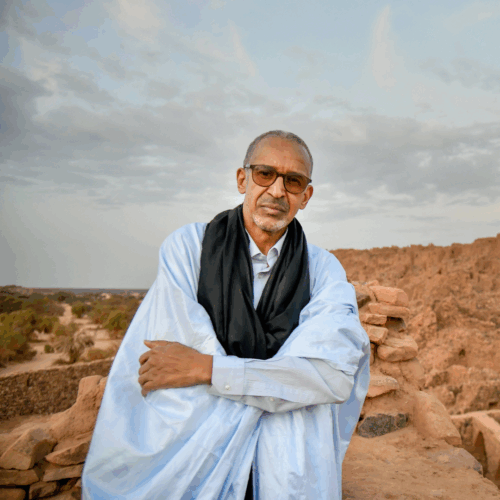
Abderrahmane Sissako is a Mauritanian director and producer, born in Kiffa in 1961. He is best known for his films on the themes of exile, globalization and Africa, such as Timbuktu and Bamako. After growing up in Mali, he studied cinema at the Moscow Federal Film Institute (VGIK) before moving to France. His work has received numerous awards, including the César for Best Director in 2015 for Timbuktu.
ABDERRAHMANE SISSAKO
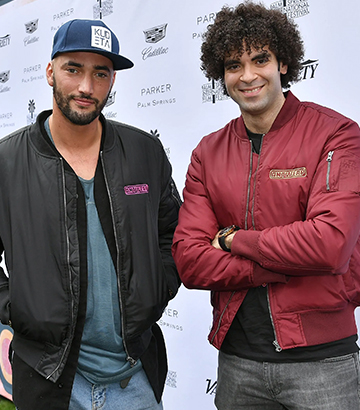
Adil El Arbi and Bilall Fallah are a duo of Belgian-Moroccan directors and screenwriters, famous for their energetic and distinctive style. They met at the Sint-Lukas film school in Brussels and began their careers with Belgian films such as Image (2014), Black (2015) and Gangsta (2018). Their international careers took off with films like Bad Boys for Life (2020) and the Ms. Marvel series (2022), as well as movies like Rebel (2022)
ADIL EL ARBI & BILAL FALLAH
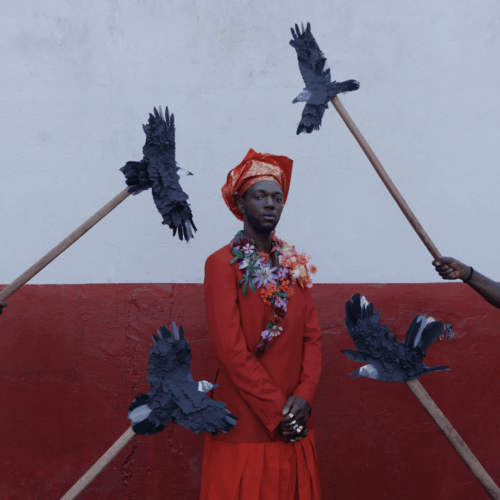
Baloji is a Belgian-Congolese multidisciplinary artist born in Lubumbashi in 1978, known as a musician, filmmaker, poet and fashion designer. His work explores themes of identity, colonial heritage and Congolese culture, blending hip-hop, African music and electro. He co-founded the hip-hop group Starflam before embarking on a rich and varied solo career, crowned with success in the cinema with his first feature film, Augure, which won an award at Cannes.
